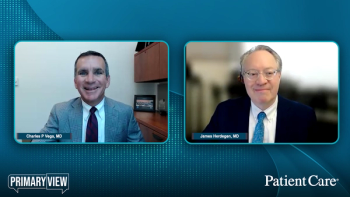
Experts highlight the critical importance of early detection, comprehensive diagnosis, personalized treatment, and ongoing support in managing obstructive sleep apnea effectively across diverse clinical settings.

Experts highlight the critical importance of early detection, comprehensive diagnosis, personalized treatment, and ongoing support in managing obstructive sleep apnea effectively across diverse clinical settings.
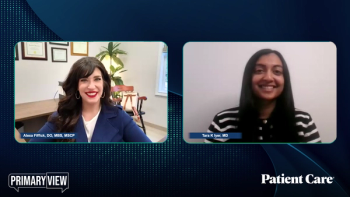
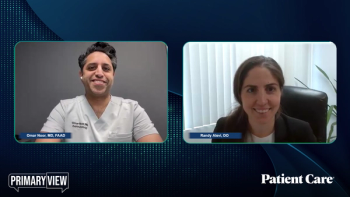
Omar Noor, MD, FAAD and Randy Alevi, DO, discuss the identification and management of atopic dermatitis, with a focus on topical treatment options. They discuss the importance of timely identification of atopic dermatitis in the primary care setting and explore recently approved topical treatment options for mild-to-moderate disease.
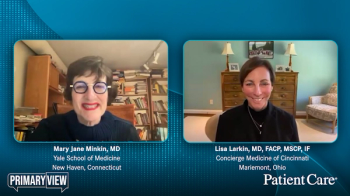
Panelists discuss how KNDy neurons and NK receptors contribute to vasomotor symptoms (VMS) in menopause and explore emerging nonhormonal therapies, including fezolinetant and elinzanetant, for effective symptom management.
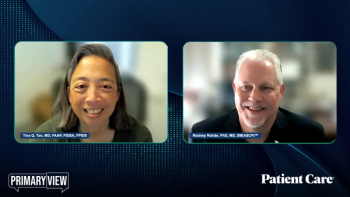
Experts explore crucial insights into COVID-19 and other vaccinations in pediatric populations as well as the latest vaccine recommendations.
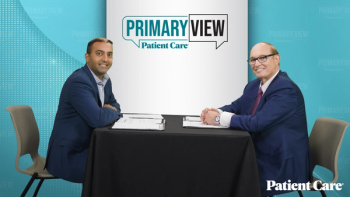
Experts discuss the clinical gaps in identifying early-stage kidney disease, highlighting emerging tests and treatments for both management and preventative care.
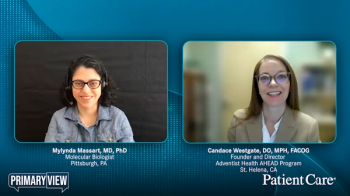
Experts explore the current challenges in cancer detection, emphasizing the limitations of traditional screening methods. They discuss the emerging landscape of multi-cancer early detection tests, their potential to transform cancer screening, and the need for timely integration into patient care while highlighting the importance of real-world data and research in this evolving field.
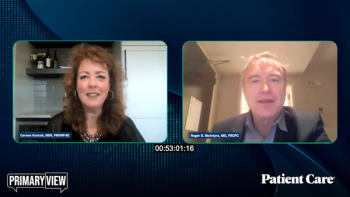
Experts in psychiatry focus on the role of rapid-acting therapies, specifically GABAA receptor modulators in the management of major depressive disorder (MDD). The discussion explores their mechanism of action, their clinical utility as an effective treatment option, and the ongoing research efforts within this area.
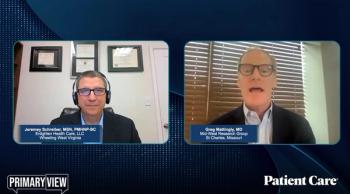
Experts in the management of mood disorders discuss the current healthcare perception of major depressive disorder, focusing on how to navigate the expanding treatment landscape and provide insight into current treatment practices and approaches for this condition.

Experts in psychiatric conditions review practical considerations and the clinical management of major depressive disorder, highlighting the need for more efficacious treatments to fulfill current unmet needs in the management of MDD.
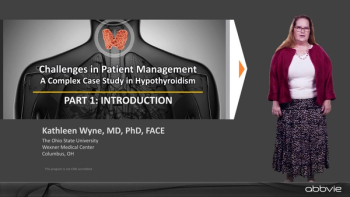
These modules explore various challenges in the management of patients with hypothyroidism including patient compliance and pharmacy issues, impact of concomitant medications, foods, and supplements, assay interference, and thyroid lab tests and considerations. The modules also discuss steps that physicians can take to address some of these challenges in clinical practice.
Program Objectives:
Discuss challenges in the management of hypothyroidism in a patient with comorbid cardiovascular disease who is difficult to manage and address the following:
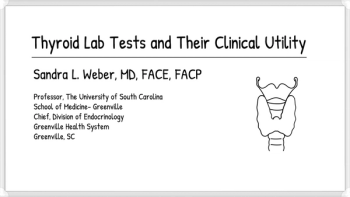
Program Objectives:
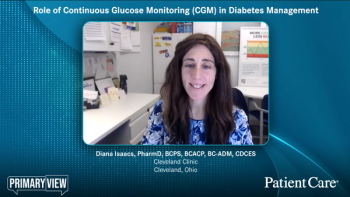
An expert endocrine clinical pharmacist shares considerations for the utilization and impact of CGMs in the diabetes treatment landscape.